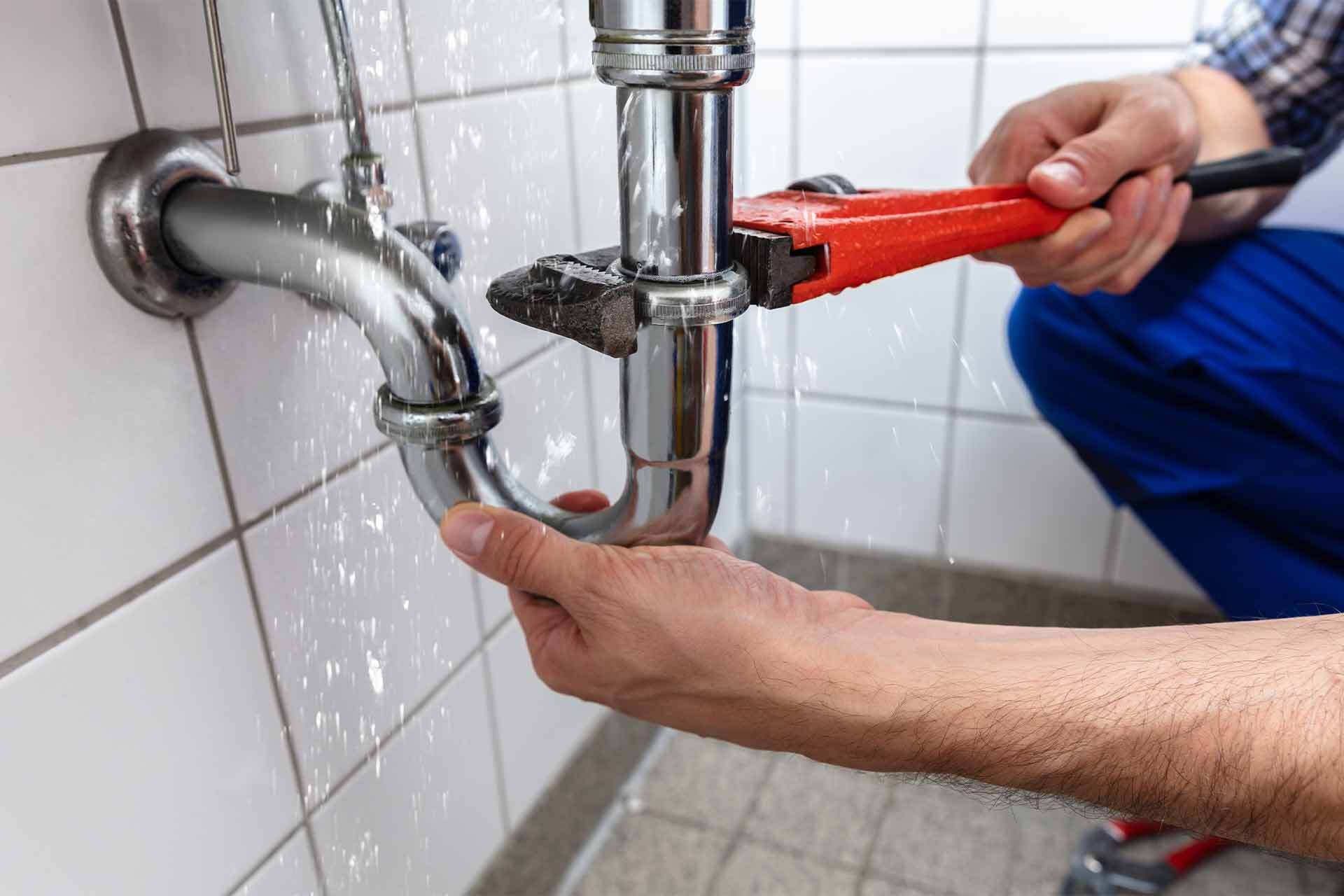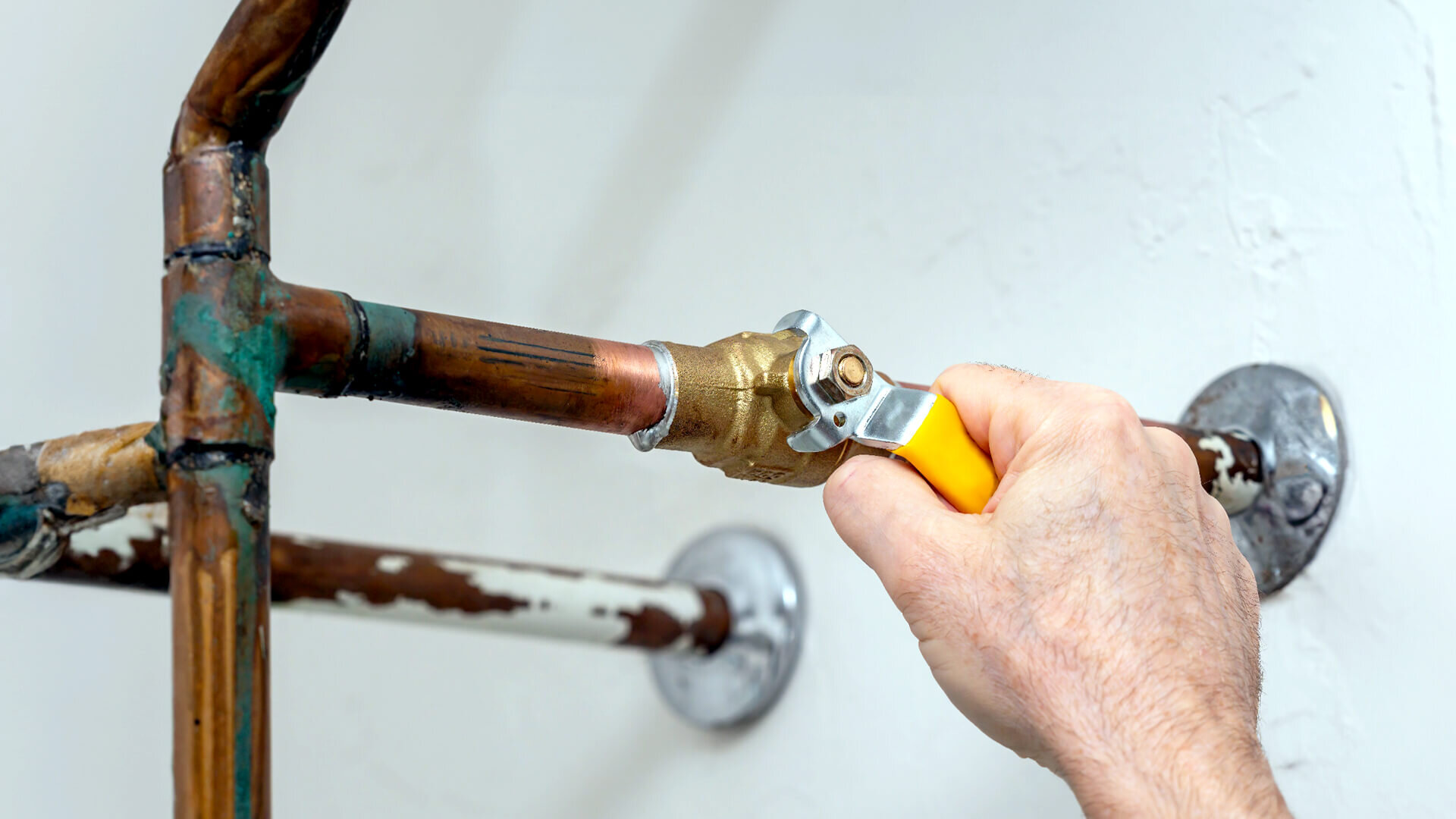Practical Bathroom Plumbing Tips for First-Time Home Buyers
Practical Bathroom Plumbing Tips for First-Time Home Buyers
Blog Article
Right here underneath you will discover a good deal of worthwhile answers in regards to 11 Must-Read Tips for Plumbing a New House.

For new property owners, understanding and preserving shower room pipes can conserve both time and money by preventing expensive concerns down the line. Below are some essential shower room plumbing ideas to aid you maintain every little thing running smoothly.
Acquaint Yourself with the Main Shut-Off Shutoff
Understanding where the main water shut-off shutoff is located in your house is essential. This enables you to rapidly switch off the water system in case of significant leaks or throughout pipes emergencies, avoiding comprehensive water damages.
Regularly Examine for Leakages
Small leakages can result in huge problems. Frequently check under sinks, around bathrooms, and near pipes components for any indications of leakages. Look for dampness, tiny drips, or corrosion. Catching and repairing leaks early can stop a lot more significant damage and save water.
Don't Disregard Slow Drains
If your sink or bath tub is draining slowly, it's typically an indication of a blockage developing. Addressing this very early can stop a total obstruction. Use a plunger or a plumbing professional's serpent to clean out debris. Avoid making use of chemical drain cleansers as they can damage your pipelines over time.
Know What Not to Flush
Bathrooms are not waste disposal unit. Prevent purging anything other than toilet tissue and human waste. Products like wipes, feminine health products, and cotton swabs should be gotten rid of in the trash to avoid obstructions and drain backups.
Set Up Strainers in Drains
Place strainers in your sink and bath tub drains to catch hair and other debris prior to they enter your pipes system. Cleaning the filters regularly will help prevent accumulation and maintain water moving easily.
Maintain Your Water Heater
Ensure your hot water heater is set to an ideal temperature (typically around 120 levels Fahrenheit) to stop scalding and minimize power usage. Flush the container every year to eliminate debris build-up, which can reduce the performance and lifespan of your heater.
Update Your Components
If your home has older fixtures, consider updating to more reliable models. Modern bathrooms, showerheads, and taps are developed to use less water while offering great pressure, which can significantly lower your water costs and ecological impact.
Be Cautious with DIY Pipes Fixes
While it's tempting to deal with all home repairs on your own, be cautious with pipes. Some concerns may call for professional know-how, particularly if they include major water lines or sewer repair work. Employing an expert can occasionally be extra cost-effective than DIY, especially if it avoids further damage.
Prepare for Cold Weather
Secure your pipelines from cold during cold weather by insulating pipes in unheated areas like cellars, attic rooms, and garages. During extreme cool, allow cold water drip from faucets served by exposed pipelines to help avoid cold.
Arrange Regular Maintenance
Consider scheduling yearly assessments with a qualified plumbing. They can detect concerns that you may miss out on, such as concealed leakages or wear and tear on pipes and fixtures. Normal maintenance helps prolong the life of your pipes system and can protect against emergencies.
Verdict
Comprehending and keeping your home's restroom plumbing can prevent several usual issues. By adhering to these necessary tips, you can guarantee your washroom continues to be functional and reliable, conserving you money and time in the long run.
Essential Plumbing Tips for Homeowners: Keep Your Pipes Flowing Smoothly
As a homeowner, understanding the basics of your plumbing system can save you time, money, and a lot of headaches. Plumbing issues can range from minor annoyances like dripping faucets to major problems like burst pipes that cause significant damage. This guide provides essential tips to help you maintain your plumbing system and tackle common issues.
Understanding Your Plumbing System
Supply System: Brings fresh water into your home from a municipal source or a well. Drain-Waste-Vent System: Removes wastewater and vents sewer gases outside. Fixtures and Appliances: Includes sinks, toilets, showers, dishwashers, and washing machines. Basic Maintenance Tips
Regular Inspections: Periodically check for leaks, corrosion, and other signs of wear and tear. Look under sinks, around toilets, and near water heaters. Know Your Main Shut-Off Valve: In case of a major leak, you’ll need to shut off the water quickly. Ensure everyone in your household knows where the main shut-off valve is located. Prevent Frozen Pipes: In cold climates, insulate exposed pipes and let faucets drip during extreme cold to prevent freezing. Use Strainers: Install strainers in sinks and tubs to catch hair, food particles, and other debris that can cause clogs. Common Plumbing Issues and Solutions
Clogged Drains:
Prevention: Avoid pouring grease down the drain and use drain screens to catch debris. DIY Fix: Use a plunger or a plumbing snake to clear minor clogs. For stubborn clogs, a mixture of baking soda and vinegar can sometimes help. Leaky Faucets:
Prevention: Replace washers and seals regularly. DIY Fix: Turn off the water supply, disassemble the faucet, and replace worn parts.

Schedule And Pricing Report this page